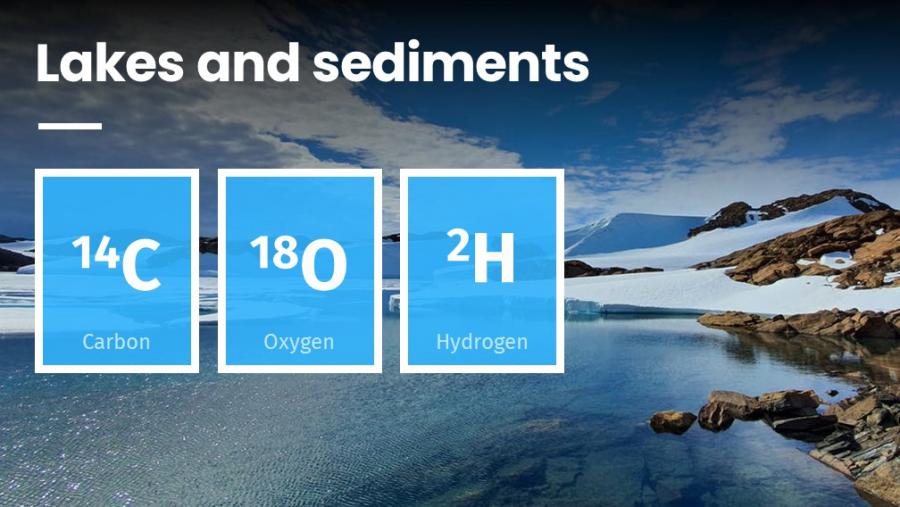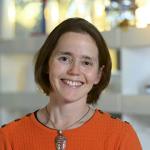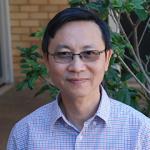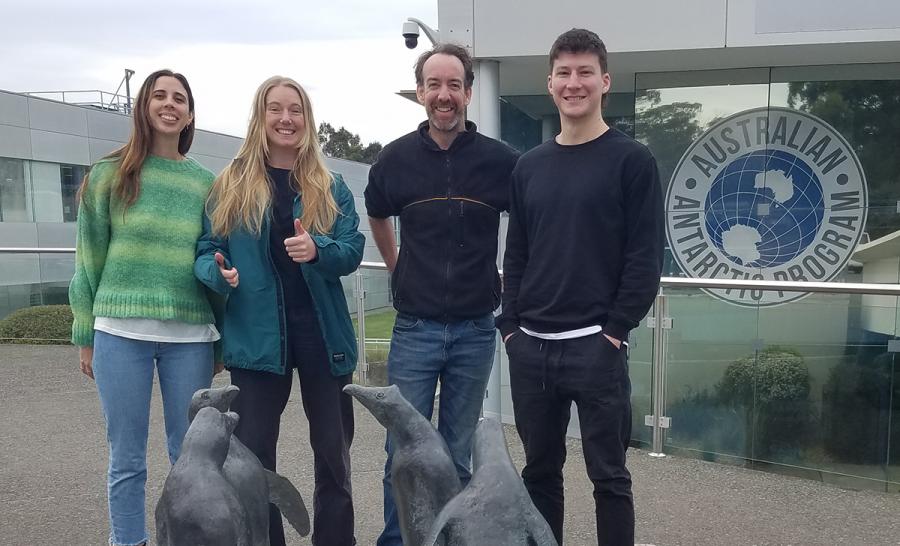
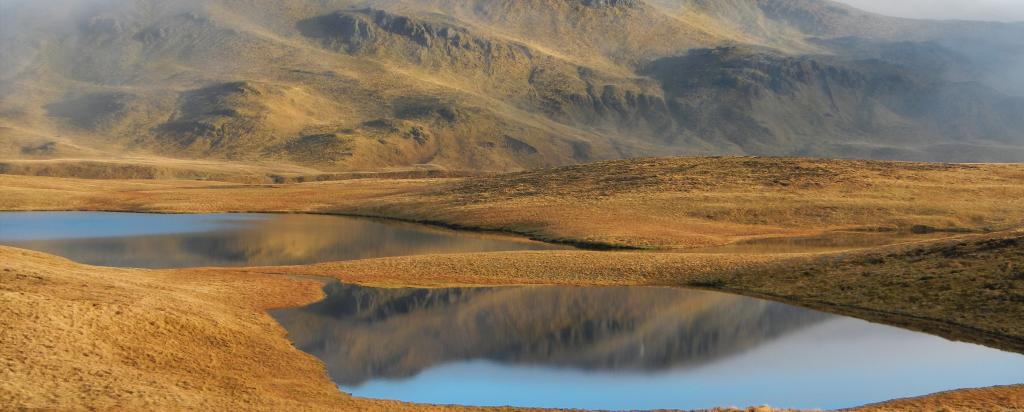
Published on the 27th October 2022 by ANSTO Staff
The start of ANSTO’s research to support the Securing Antarctica’s Environmental Future (SAEF) program commenced with the official launch of the program and the departure of two students from Queensland University of Technology (QUT), who are affiliated with ANSTO, to Antarctica’s Macquarie Island for six months to collect environmental samples as part of the SAEF program.
SAEF is an ambitious new research and training program funded by a $36 million grant from the Australian Research Council as part of the Special Research Initiative in Excellence in Antarctic Science. The program, which was launched this week at Monash University in Victoria, will deliver leading Antarctic and Southern Ocean science to benefit Australians, its neighbours in the Asia-Pacific and society around the globe in the context of a changing climate.
ANSTO is one of the Australian and international academic and research organisations who are supporting the project. Dr Karina Meredith, Dr Krystyna Saunders and Dr Quan Hua are members of the SAEF Team, led by Director Professor Steven Chown, FAA of Monash University and Distinguished Professor Sharon Robinson of the University of Wollongong, Deputy Director, Science Implementation. Prof Kerrie Wilson of QUT is the Deputy Director of Career Development.
“ANSTO has the expertise and capabilities to trace ecosystem change, anthropogenic impacts, and climate change for the region. We do this using environmental samples collected as part of this project,” said Dr Meredith.
The main areas of SAEF research are assessments of climate processes and change, determining the status of biodiversity identifying trends and providing support for environmental stewardship.
Cait Selfe is a PhD student funded by a SAEF PhD scholarship that was awarded to Dr Krystyna Saunders. Maggie Smith is a Masters's student funded by a QUT scholarship. Both students are supervised by Dr Saunders, Dr Meredith and Dr Justine Shaw at the Queensland University of Technology.
Caitlin and Maggie joined two other scientists in the Macquarie Island Team aboard the Australian Antarctic Division icebreaker Aiviq last week on a journey to the sub-Antarctic Island, where they will be stationed for six months.
The small team will conduct plant surveys and collect lake water, sediment and peat samples. The work will support a range of collaborative projects across the SAEF program, including those to understand how the island’s plants and seabirds are responding to climate change and eradication efforts; how the behaviour of the wind can impact ecosystems and ways of connecting modern monitoring and paleo data to support conservation management.
Dr Saunders has carried out fieldwork previously on Macquarie Island, which has a unique and fragile ecosystem.
“Although conditions in the field make it challenging, the collections of precious samples are the source of invaluable environmental information,” she said.
Read more on the Monash University website
